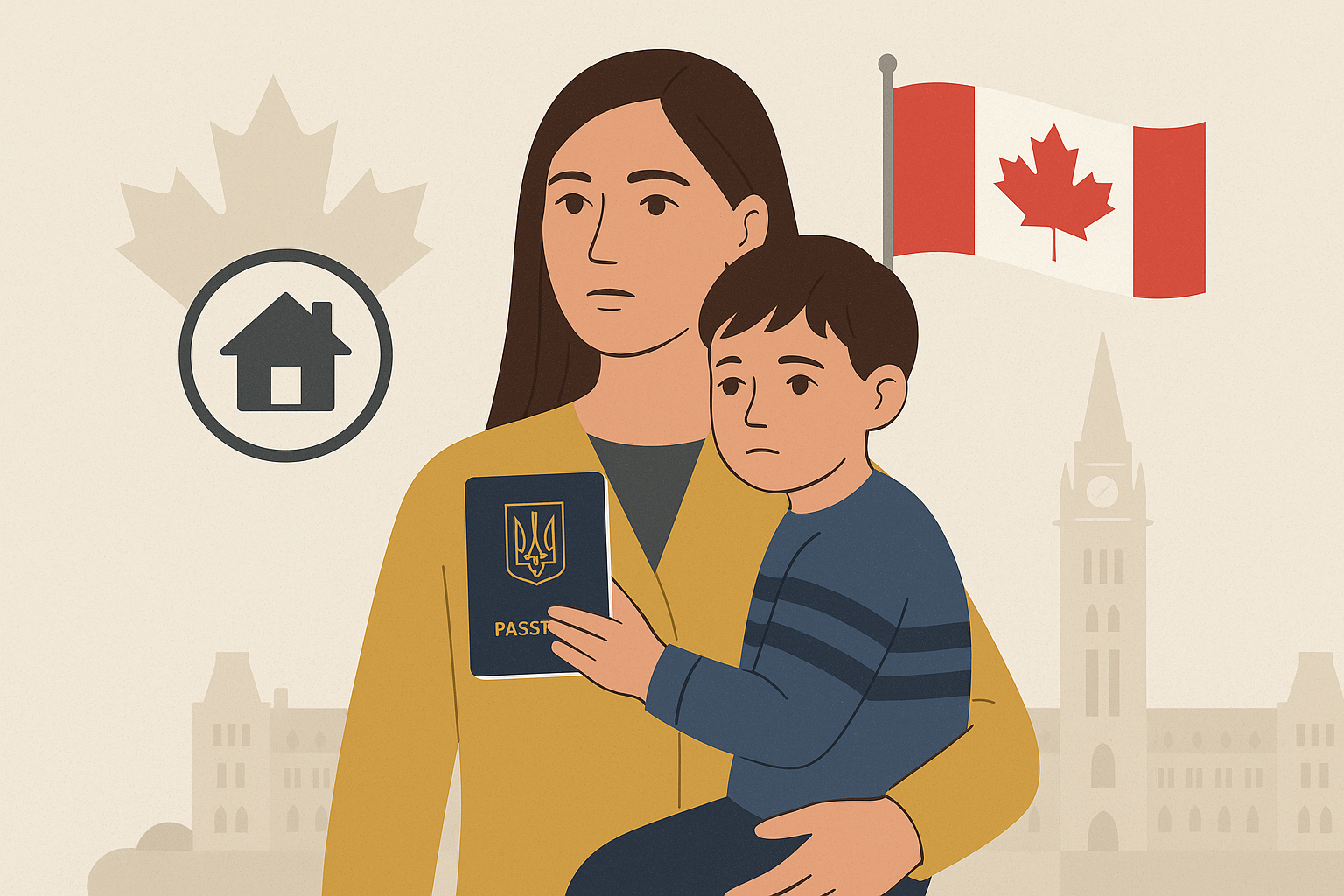
IRCC’s 18 July 2025 policy clarifies R186(s) no‑permit scenarios versus TFWP/IMP permit requirements for marine and transport workers, defining “crew member” duties and addressing offshore EEZ construction. It adds an IMP R205(a)–C10 pathway for Seaspan above‑deck retrofits, integrates Operational Bulletin 649, and may increase permit filings and project lead times for employers and specialized workers.
Soheil Hosseini
July 18, 2025
Jurisdiction
Federal
Week
Week 29
Impact
Low
Programs Affected
Extensive Policy Update on Marine Workers and Transportation-Related Work Permits
Summary: On 2025-07-18, IRCC issued a comprehensive clarification on when marine and other transportation-sector workers may work in Canada without a work permit under R186(s) and when a work permit is required under the Temporary Foreign Worker Program (TFWP) or International Mobility Program (IMP). The update defines qualifying “crew member” work on foreign vessels, addresses support for offshore construction within Canada’s Exclusive Economic Zone (EEZ), and creates a targeted IMP pathway under R205(a) – C10 for Seaspan above-deck retrofit projects. It also integrates Operational Bulletin 649 and makes minor revisions to air and land transport guidance, with further updates expected.
Date of update: 2025-07-18
Source: IRCC
Program affected: Work Permit
Key updates
Marine scope and definitions: New sections define what constitutes marine work and who qualifies as a “crew member” on foreign vessels.
R186(s) no-permit scenarios: Clarifies when foreign crew may perform duties in Canada without a work permit.
Permit-required scenarios: Outlines when activities fall under TFWP or IMP and therefore require a work permit.
Offshore construction in the EEZ: Provides direction on work supporting offshore construction within Canada’s EEZ.
Special project pathway: Establishes IMP (R205(a) – C10, Canadian interests) for Seaspan above-deck retrofit activities.
Cross-sector alignment: Integrates Operational Bulletin 649 and introduces minor updates for air and land transport workers, with more revisions anticipated.
Context and implications
For employers/operators: The clarified line between R186(s) and permit-required activities should reduce compliance uncertainty for shipowners, offshore contractors, and logistics firms, especially on mixed operations involving foreign-flag vessels and EEZ projects.
For workers: Clearer definitions of “crew member” duties may limit no-permit work to core shipboard functions, raising the likelihood that specialized roles (e.g., certain construction support) will need TFWP/IMP permits.
For special projects: The targeted R205(a) – C10 route for Seaspan above-deck retrofits reflects a public-policy interest rationale, potentially expediting talent deployment while maintaining oversight under the IMP.
System effects: Integrating OB 649 should streamline interpretation, but expanding permit-required scenarios could increase application volumes and processing pressure under both TFWP and IMP.
Risk/benefit balance: Greater policy clarity supports enforcement and program integrity, yet stakeholders engaged in offshore construction may face added lead time for work permits and need to adjust project timelines accordingly.
What to watch
Further IRCC updates for air and land transport to mirror the marine clarifications.
Operational impacts on EEZ projects and retrofits as the R205(a) – C10 pathway is implemented.
Any refined criteria around “crew member” functions that narrow or expand R186(s) applicability.
Closing
IRCC’s update delivers needed clarity on no-permit versus permit-required work in marine and transport contexts, aligns legacy guidance via OB 649, and introduces a focused IMP pathway for strategic retrofit work. Stakeholders should review roles against the new R186(s) scenarios and prepare for permit filings where activities shift into TFWP/IMP territory.
Tags: IRCC, Work Permit, R186(s), R205(a), C10, TFWP, IMP, Marine Workers, Seafarers, Offshore Construction, Exclusive Economic Zone, EEZ, Seaspan, Operational Bulletin 649, Transportation Sector, Canada Immigration, Policy Update
Categories
Share This Post
Stay Updated with Immigration News
Get the latest updates on Express Entry draws, OINP invitations, policy changes, and more delivered to your inbox.
We respect your privacy. Unsubscribe at any time.
Related Articles

Co-payments for IFHP
Effective May 1, 2026 IRCC will introduce IFHP co-payments: $4 per eligible prescription and 30% of the cost for other supplemental services (dental, vision, counselling, assistive devices), while core doctor and hospital care remain fully covered. Beneficiaries must pay registered IFHP providers at point of service and should consult the IFHP Provider Search and toolkit for details.

Protected-Person ID Guidance
IRCC (2026-01-20) clarified acceptable identity documents and statutory declarations for protected‑person PR applications, setting out R50 and R178 criteria and alternatives when national passports or documents cannot be safely obtained. Officers must not advise applicants to contact embassies; R178 permits pre‑entry IDs or statutory declarations with supporting third‑party or organization attestations, subject to genuineness, consistency and credibility checks, and PTRs may often use Single Journey Travel Documents or Canadian provincial/federal ID.

Family Reunification Extension
Canada allows Ukrainians who applied under the family‑reunification pathway (and their in‑Canada family members) to apply for open work permits, study permits, and extensions/restorations of temporary resident status until March 31, 2027—even without an AOR; standard fees apply. This preserves work/study/status while PR applications are processed and applies only to existing family‑reunification applicants.

Open Work Permit Guidance
On 2026-01-19 IRCC reorganized its Program Delivery Instructions for open work permit submissions under the International Mobility Program, grouping applicant types into clearer categories; this is operational staff guidance, not a change to eligibility. Stakeholders should review the updated IMP guidance and align filings and supporting documents to the listed categories to reduce submission errors and improve processing consistency.